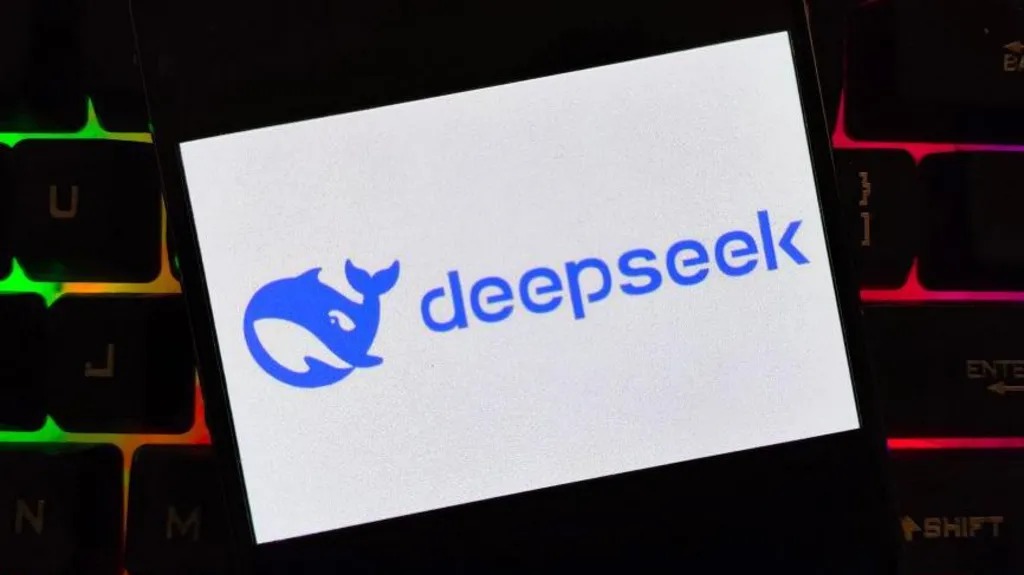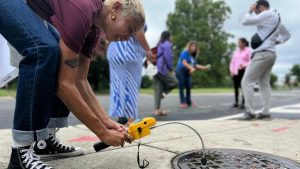
AI Summit Paris: Competing for Global AI Leadership
The AI Summit in Paris comes at a pivotal time. French President Emmanuel Macron has stated that Europe must not miss the AI revolution. Leaders from across the globe, including India’s Prime Minister Narendra Modi, view the summit as an opportunity to reposition their countries for future AI leadership.
The US is sending high-caliber delegates, including Vice President JD Vance, OpenAI CEO Sam Altman, and Google’s Sundar Pichai, signaling its intent to defend its AI dominance. Meanwhile, China will reportedly send Ding Xuexiang, a close ally of President Xi Jinping, cementing its influential role as a rising AI power.
China’s role at the summit contrasts with the 2023 AI conference at Bletchley Park, where its representatives were reportedly kept at arm’s length due to national security concerns. In Paris, by comparison, anticipation grows around the potential appearance of DeepSeek creator Liang Wenfeng, whose work has disrupted the global AI sector.
DeepSeek and China’s Rise in the AI Race
China’s DeepSeek has become a central figure in discussions about global AI power dynamics. Its efficient, cost-effective design has challenged US AI infrastructure despite American wealth and technological leadership.
DeepSeek was built using older Nvidia chips and open-source AI architecture from Meta, with OpenAI accusing rivals of leveraging its technologies to advance. Prof Wendy Hall, a computer scientist, noted that DeepSeek underscores China’s position as an AI force to be reckoned with.
The DeepSeek breakthrough wiped billions off US AI giants’ market values and heightened concerns about maintaining competitive advantages. As the summit unfolds, DeepSeek’s development strategy and impact are expected to dominate discussions.
AI Beyond Generative Tools
While tools like DeepSeek and ChatGPT remain the main focus of public interest, the AI Summit Paris also addresses AI’s broader applications. As AI revolutionizes industries, its advancements encompass areas like healthcare (detecting disease symptoms), climate modeling, and drug development. Leaders must explore not just generative AI but the multifaceted ways artificial intelligence is shaping the future.
Despite these advancements, controversy lingers over potential misuse. AI’s ability to generate misinformation, display biases, and control autonomous weaponry raises critical safety concerns. Such risks are integral to ongoing AI regulations and discussions.
AI Safety and Collaboration: Striking a Balance
AI safety remains one of the most urgent topics at the summit. During the 2023 Bletchley Park conference, there were fears of existential AI threats dominating the discourse. Proponents of safety standards warn that unchecked AI progress could lead to catastrophic outcomes.
Prof Geoffrey Hinton, often referred to as a “Godfather of AI,” notes the short-term risks of AI, including bias, misinformation, and cybersecurity threats. However, his primary concern is the long-term prospect of AI surpassing human intelligence and taking control. “Nobody wants AI to take over from people; the Chinese Communist Party would rather stay in charge,” Hinton said on BBC Radio 4.
Such concerns have prompted calls for international collaboration, reminiscent of Cold War treaties that avoided nuclear catastrophe. Similarly, Prof Max Tegmark, founder of the Future of Life Institute, argues that binding, global AI safety standards are essential. Tegmark warns, “Either we develop amazing AI that helps humans, or uncontrollable AI that replaces humans.”
The AI Summit Paris offers an opportunity to address these existential concerns while establishing safety frameworks for artificial intelligence.
Paris Summit: A Tipping Point for AI Governance
With its historic backdrop and high-stakes agenda, the AI Summit Paris represents more than a gathering; it’s a battle for the future of AI governance. The summit comes as world events, including elections and technological breakthroughs, overlap with growing uncertainties about AI’s risks and rewards.
While Europe seeks to strengthen its AI presence, China’s DeepSeek has positioned itself as a symbol of potential disruption to Western AI dominance. Meanwhile, the US defensive strategy underscores its desire to maintain leadership in the AI sector.
As global leaders deliberate in Paris, the outcomes could shape the path of AI regulation, collaboration, and dominance for decades to come. The stakes have never been higher.
External Link :
Explore the impact of AI initiatives globally on BBC
Internal Link :
Learn more about China’s rise in AI development





